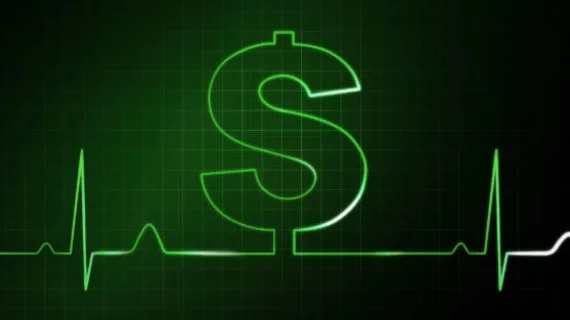GE Healthcare IPO ‘unlikely’ in 2019, CEO says
General Electric (GE) CEO Larry Culp told CNBC an initial public offering (IPO) for its healthcare unit, GE Healthcare, is unlikely for 2019 following news that the company plans to sell off its biopharma business.
"We are focused on completing the carve out (of the biopharma business)—which is 15 percent of the $20 billion healthcare segment—and focused on managing the remaining core business," Culp told CNBC on Feb. 25, the same day the company announced it was selling its biopharma business to Danaher for $21.4 billion. “An IPO in 2019 looks unlikely at this point.”
GE filed confidential paperwork for an IPO of GE Healthcare in December. The company originally announced its plans to spin off its healthcare unit as a separate company in June, and then indicated in January it would sell almost half of its healthcare business.
The biopharma business being divested generated approximately $3 billion in revenue in 2018, according to GE’s announcement. It provides instruments, consumables and software to support the research, development and manufacturing of biopharmaceutical drugs.
Pharamaceutical Diagnostics, currently part of GE Life Sciences, will remain under the umbrella of GE Healthcare, according to GE.
“Today’s transaction is a pivotal milestone,” Culp said in the announcement. “It demonstrates that we are executing on our strategy by taking thoughtful and deliberate action to reduce leverage and strengthen our balance sheet. We are retaining full flexibility for growth and strategic optionality with one of the world’s leading healthcare companies, and we are pleased that our BioPharma colleagues will join a strong, established team at Danaher.”
The possibility of a future IPO for the healthcare segment isn't completely off the table. GE Healthcare accounted for almost 16 percent of the company’s total sales and more than 40 percent of its operating profit in 2017, about $19 billion in revenue, CNBC reported.
The intent to spin off the healthcare unit was to allow GE to focus on its core industry and energy businesses.
GE shares surged nearly 8 percent by end-of-day trading Monday after the biopharma deal was announced.

